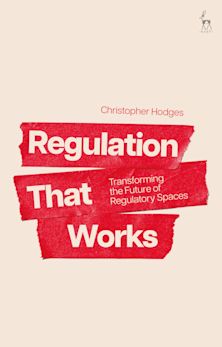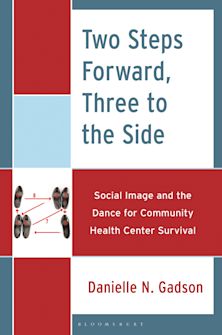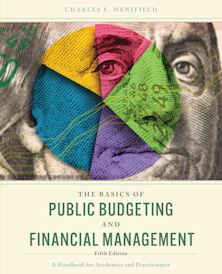The Struggle to Constitute and Sustain Productive Orders
Vincent Ostrom's Quest to Understand Human Affairs
The Struggle to Constitute and Sustain Productive Orders
Vincent Ostrom's Quest to Understand Human Affairs
For information on how we process your data, read our Privacy Policy
Description
Countries, governments, and organizations devise constitutions to reflect their visions of governance and rules for their leaders. They vary considerably in both formats and consequences. Disputes over constitutions can lead to fights, contests, debates, and more. Vincent Ostrom is one of America's leading scholars on constitutions and has spent a lifetime researching, analyzing, and writing about constitutions in America and overseas. He provides methods to judge and to implement constitutions as citizens struggle with their formulation. In this book, scholars from around the world add to this intellectual quest of massive scholarly and practical importance. Using the research and methodology pioneered by Ostrom, they identify and analyze the criteria for successful constitutions in both theory and practice.
Table of Contents
Chapter 2 List of Contributors
Part 3 I Introduction
Chapter 4 1 Normative and Empirical Inquiries into Systems of Governance
Chapter 5 2 Constitutional Foundations for a Th eory of System Comparisons
Part 6 II Foundations for a Normative Assessment of Governance
Chapter 7 3 Th e Normative and Limiting Conditions in a Polycentric Political Order
Chapter 8 4 Legal Pluralism, Polycentricity, and Faith-Based Organizations in Global Governance
Chapter 9 5 Challenges to Interreligious Liberative Collective Action between Muslims and Christians
Chapter 10 6 Democratization without Violence: Can Political Order be Achieved through Peaceful Means?
Chapter 11 7 Th e Man Who Heated Up Economic Discussion with a Stove: Walter Eucken's Method of Institutional Design
Part 12 III Struggles for Polycentric Governance in Diverse Continents
Chapter 13 8 Malawi's Lake Chiuta Fisheries: Intelligent Burden-Shedding to Foster Renewable Resources Stewardship
Chapter 14 9 From the Cheyenne Way to the Chilean Way (of Political Reconciliation and Impunity): A Retrospective on Political Architecture, Political Culture, and Institutional Design
Chapter 15 10 Challenges Facing “State” Building in Burma
Chapter 16 11 American Experience in Metropolitan Governance
Chapter 17 Index
Chapter 18 About the Cover Art
Product details
| Published | May 20 2008 |
|---|---|
| Format | Ebook (PDF) |
| Edition | 1st |
| Extent | 236 |
| ISBN | 9798216317708 |
| Imprint | Lexington Books |
| Publisher | Bloomsbury Publishing |



































